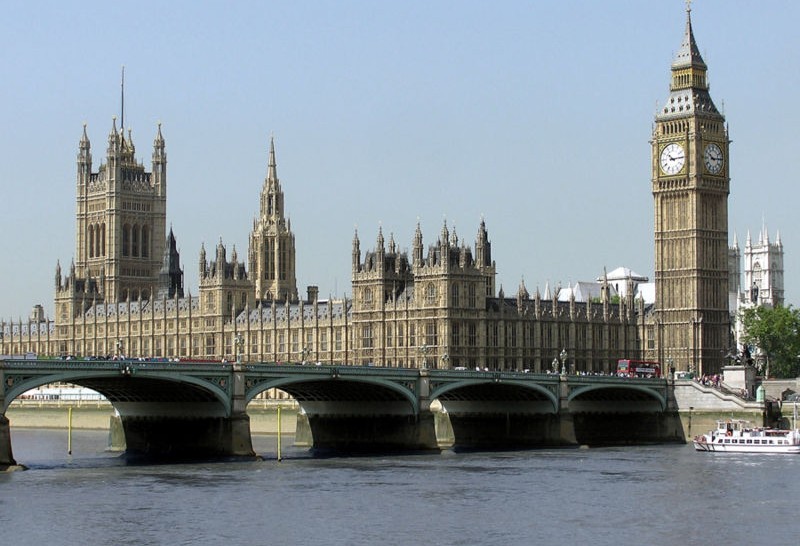The Financial Services Bill (FSB) will give the Financial Conduct Authority (FCA) the power to publicise the details of firms and individuals it is investigating at the warning notice stage.
But, in a memorandum to the FSB Committee, which is currently scrutinising the legislation, AIFA highlighted some of its concerns.
Although it accepted the early publication of warning notices may be of benefit to consumers, it pointed out that, in two-thirds of cases, potential enforcement was not publicly “concluded”, meaning there was no public confirmation of innocence.
“We recommend that the FCA introduce a clear process that will make explicit that firms are exonerated when it is concluded that no wrongdoing has taken place,” it added.
“AIFA believe we need further clarity and reassurance on how these powers will be used and how a fair balance will be achieved.”
The trade body also once again attempted to persuade MPs to introduce a 15-year long stop for advisers, saying the current lack of a cap of liability undermined the further development of a “sustainable, competitive and accessible advice sector”.
Meanwhile, it warned of the increasing cost burden of regulation to advisers and again suggested a cap on further fee rises from the FCA, with CPI + 1% given as an example. It added larger rises should need Treasury approval.
AIFA also expressed concerns about the potential conflict between twin peaks regulation on the UK and the European “sectoral approach”, with three European Supervisory Authorities each with prudential and conduct remits.
“AIFA supports the government’s commitment to maintaining clear communication channels with Europe but suggests that a coordinated approach is formalised to prevent significant confusion, duplication and cost inefficiencies,” it told MPs.
















